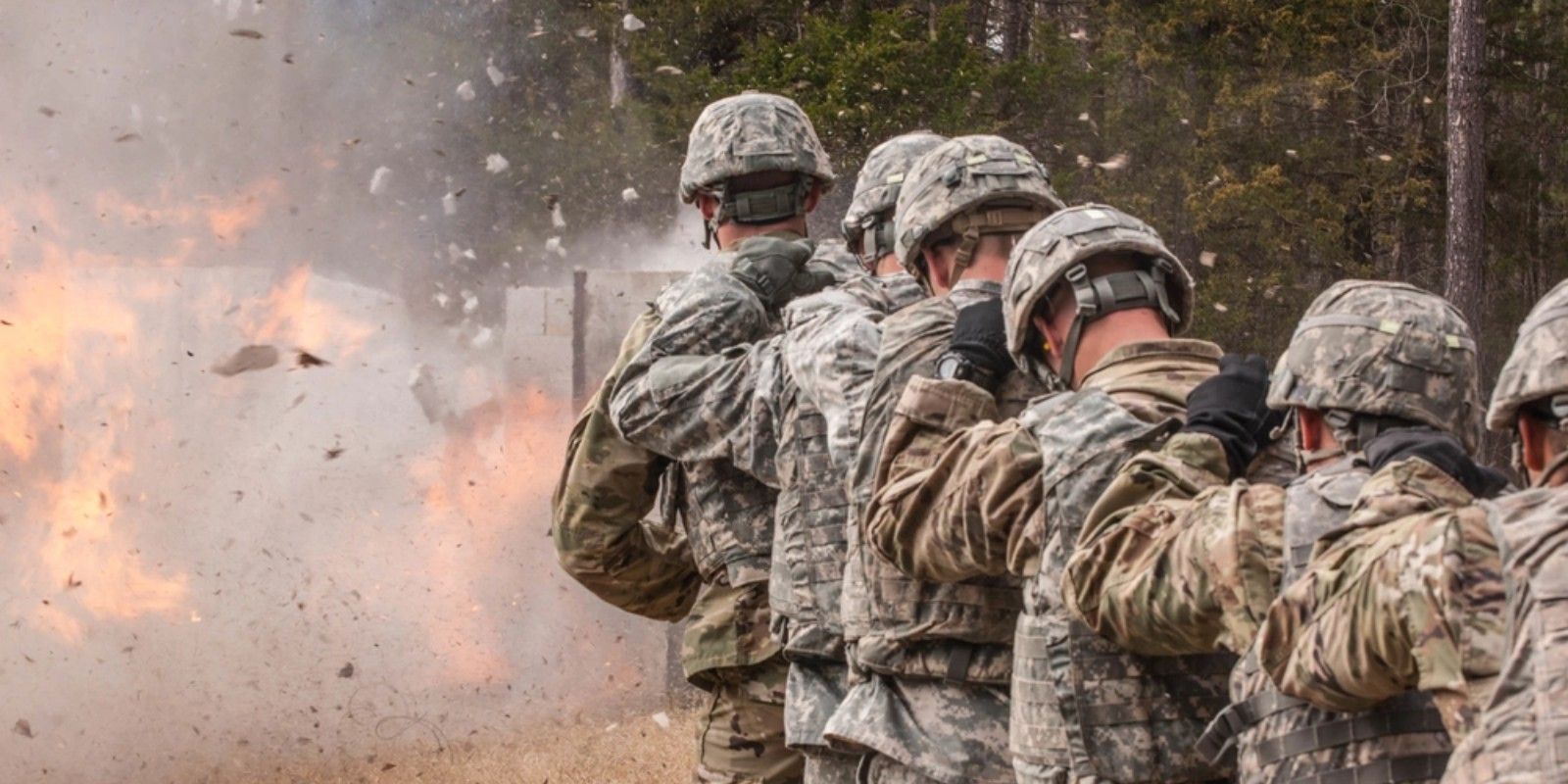NEW STUDY GROUP AIMS TO REDUCE SUICIDE RATE IN THE MILITARY
By Meaghan MacDougall

The suicide rate in the military is at an all-time high and has been steadily increasing for the past five years. In 2021, the Defense Suicide Prevention Office reported that military services suffered more suicides in 2021 than any other year since the September 11 attacks in 2001.
Research found that 30,177 active-duty personnel and Veterans who served in the military after 9/11 have died by suicide. In comparison, 7,057 service members were killed in combat within the same 20 years.
More like this:
PTSD Awareness: 9 Expert Tips To Help You Cope While MovingSuicide Rate in the Military Increasing Significantly
In the fall of 2020, reports showed that the stress of shelter-in-place orders and travel bans due to the COVID-19 pandemic could have been contributing to military suicides. There were 580 deaths by suicide among service members in the year 2020, increasing by 16% since 2019. The 2022 suicide rate is, unfortunately, expected to increase. Suicide rates in the U.S. military for active-duty troops increased from 26.3 deaths per 100,000 people to 28.7 from 2019 to 2020. Although it may not be considered a massive jump, officials do consider it to be significant since the rate has increased from 20.3 to 28.7 between 2015 and 2020. Within the Reserves, the numbers went from 18.2 to 21.4 per 100,000 people just between 2019 and 2020, and there was also a big fluctuation in the National Guard.Causes of Suicide in the Military
While the suicide rate in the military is continuously increasing, it is important to understand the causes behind suicide in the military. For the most part, many service members have a desire to end intense emotional distress, often brought on by disorders such as PTSD. Causes of suicide rates in the military may be from individual stressors that stem from relationship problems, financial issues, legal issues, and workplace difficulties. Some individuals may also suffer from health problems related to their service, such as traumatic brain injury, chronic pain, and sleep disorders.Panel Members Gathered To Conduct Study on Suicide Prevention
The Department of Defense has unveiled that they have put together a panel of members who are charged with studying suicide prevention and behavioral health programs across military services. Mandated by Congress last year, the Suicide Prevention and Response Independent Review will obtain experts in substance abuse, lethal weapons safety, and mental health services. The panel will also include military Veterans who can provide insight into problems in the ranks. The panel will be led by a clinical psychologist who is currently program director in the Department of Veteran Affairs’ Office of Mental Health and Suicide Prevention: Dr. Gayle Iwamasa. Other members of the panel will include deputy director of the VA’s Center of Excellence for Suicide Prevention, Dr. Stephanie Gamble, who will serve as a suicide prevention expert. A behavioral health professor at Ohio State University, Craig Bryan, will serve as the panel’s lethal weapons safety expert. The rest of the panel consists of experts in their respective fields:- Chief Master Sgt. of the Air Force Kaleth Wright
- Former Army Surgeon General Nadja West
- Retired Navy Chaplain Carl Trost
- Clinical social worker Kathy Robertson
- Military mental health researcher Rajeev Remchand
- Associate Professor of Psychology at Arizona State University Rebecca Blais
- Former Suicide Prevention Lead at the Substance Abuse and Mental Health Services Administration Jerry Reed
- Nellis Air Force Base, Nevada
- Fort Campbell, Kentucky
- Naval Air Station North Island, California
- North Carolina National Guard
- Camp Lejeune, North Carolina
- Camp Humphreys, South Korea
- Joint Base Elmendorf-Richardson, Alaska
- Fort Wainwright, Alaska
- Eielson Air Force Base, Alaska
If you or a loved one is experiencing a mental health emergency, contact the Military/Veteran Crisis Line at 1-800-273-8255, via text at 838255 or chat at https://www.veteranscrisisline.net/.
More like this:
Signs of PTSD: A Special Ops Veteran’s Awakening (Personal Story)SHARE:
TAGS:
JOIN OUR NEWSLETTER
Get the latest news and military discounts



